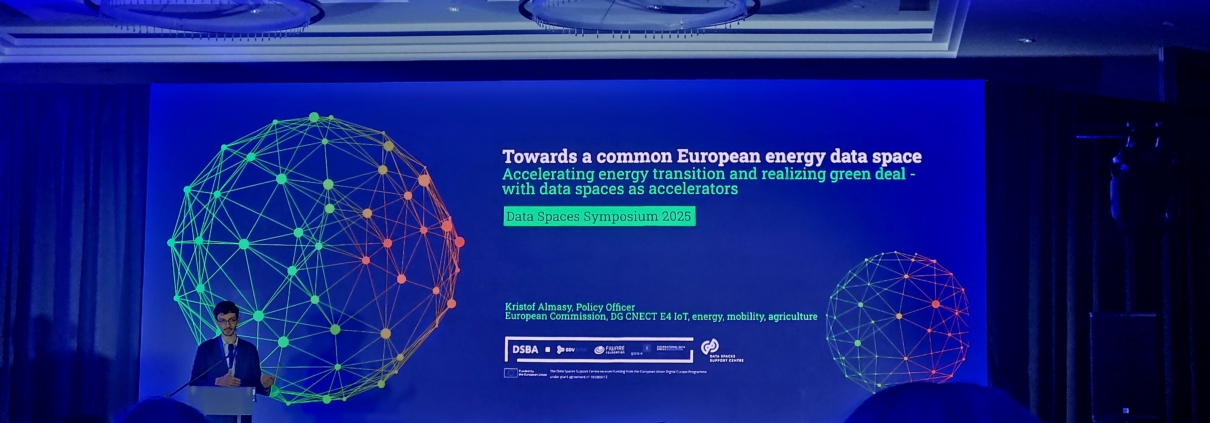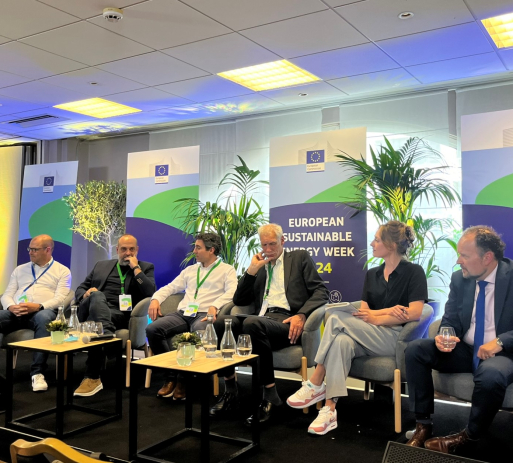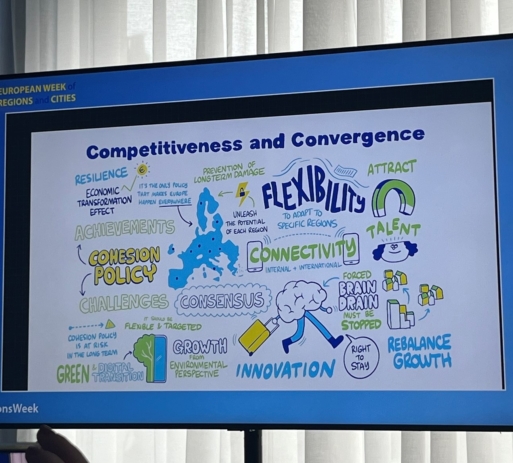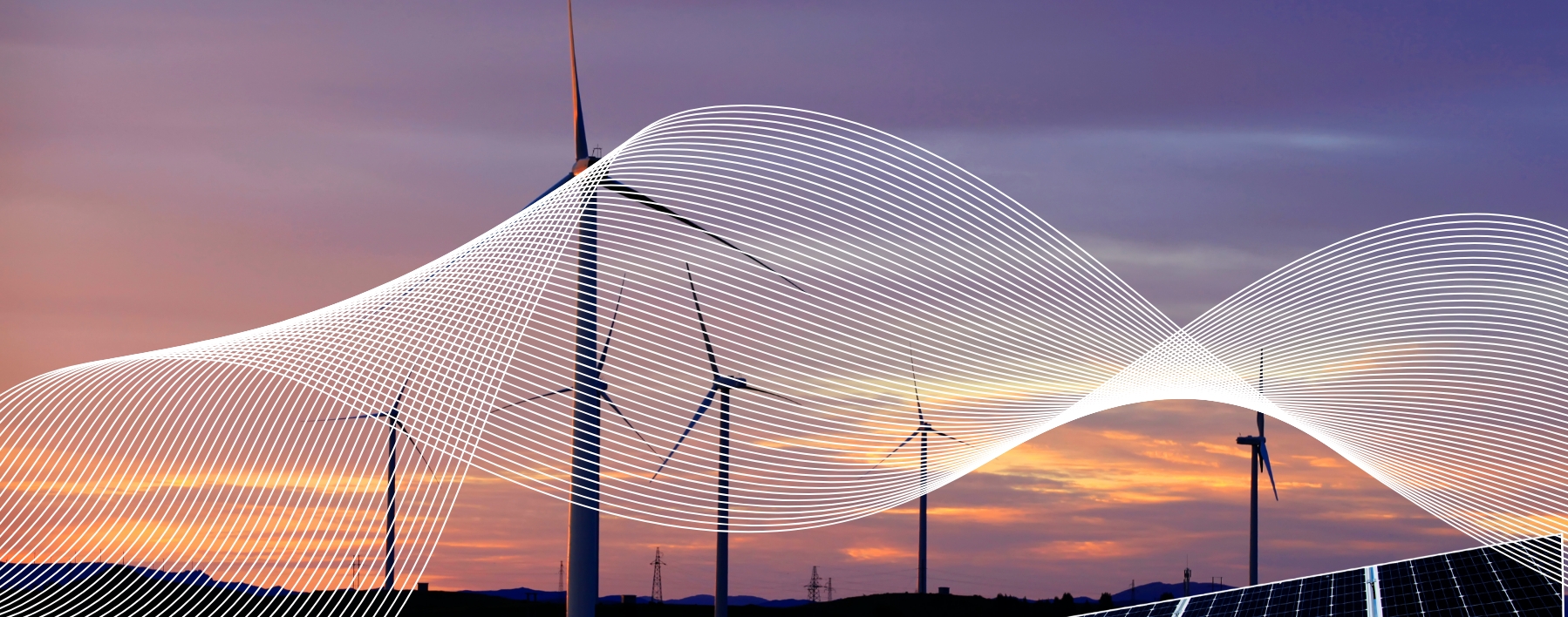Energy data spaces discussions at Data Spaces Symposium 2025
Last week, a partner of DATA CELLAR, Natalia Lisowska from the University of Groningen, participated in the Data Spaces Symposium 2025, held in Warsaw on March 11-12. This event was organised by the Data Spaces Business Alliance formed by FIWARE Foundation, BDVA, International Data Spaces Association and Gaia-X AISBL. The event brough together industry experts, policymakers, researchers and innovators to explore the future of data spaces and their role in shaping a data-driven world.
A key highlight for DATA CELLAR was the session on “Accelerating Energy Transition and Realising the Green Deal – with Data Spaces as Accelerators.” Within this session, the panel discussion on “Cross-Data Space Interoperability in the Energy Sector – Achievements of the Energy Cluster” showcased contributions from DATA CELLAR, emphasising the role of the project in fostering interoperability and standardisation in the energy sector.
Other interesting panels included “Deployment of the Common European Energy Data Space (INSIEME)” and “Making the Green Deal a reality in Europe with data spaces”. These discussions reinforced the important role of data spaces in achieving the EU’s sustainability and energy transition goals.
Beyond the energy-focused sessions, another relevant session for us was “The Global importance of standardization and interoperability”. A standout presentation in this was “The role of CEN and CENELEC in developing harmonised European standards”, highlighting the importance of cohesive frameworks for seamless data exchange, topic in which we are also working on in DATA CELLAR.
In addition to these key discussions, the Data Spaces Support Centre announced the second version of its blueprint, marking an important milestone in the evolution of data spaces across sectors.
The Data Spaces Symposium 2025 represented a platform for networking, collaboration, and knowledge exchange. It provided DATA CELLAR with a greater understanding of how other data spaces are being implemented and how they contribute to the EU’s digital and green transition goals.





